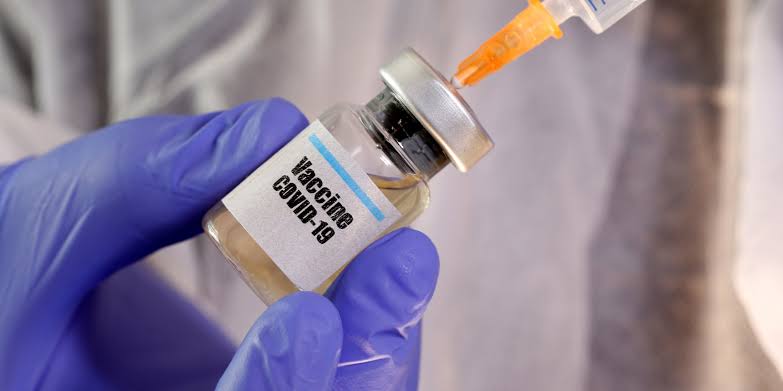SAMI
Published:2020-05-30 22:34:32 BdST
WHO against remdesivir, plasma therapy in treating Covid-19
The World Health Organization (WHO) has recommended against using several drugs including remdesivir and plasma therapy for the treatment of Covid-19.
The UN health agency came up with the recommendations in its latest guidelines titled "Clinical management of Covid-19: interim guidance" issued on May 27.
The recommendations have been made at a time when a few pharmaceutical companies of Bangladesh are manufacturing remdesivir to treat the patients of Covid-19, a severely acute respiratory disease caused by the novel coronavirus.
In addition, the recommendation also comes as a blow when the plasma therapy is becoming popular among the physicians of different hospitals in the country.
The WHO said chloroquine and hydroxychloroquine (+/- azithromycin), antivirals -- lopinavir/ritonavir, remdesivir, umifenovir, favipiravir, and immunomodulators -- tocilizumab and interferon-β-1a -- should not be administered as treatment or prophylaxis for Covid-19, outside of the context of clinical trials.
"Existing published literature on the agents listed above is mostly observational in nature, with few clinical trials; and does not provide high-quality evidence in favour of any of these agents," it said.
The WHO said their earlier recommendation has not changed and is "consistent with previous WHO guidance documents and other international grade-based guidelines."
In the latest clinical care guidelines, the UN health agency described "important side-effects" of the drugs.
The side effects of remdesivir include "elevation of hepatic enzymes, GI complications, rash, renal impairment and hypotension."
The new interim guidance has been developed by a multidisciplinary panel of health care providers with experience in the clinical management of patients with Covid-19 and other viral infections, including severe acute respiratory virus (Sars) and Middle East respiratory virus (Mers), as well as sepsis and acute respiratory distress syndrome (Ards).
"This guidance should serve as a foundation for optimized clinical care to ensure the best possible chance for survival. The guidance stresses the importance of using investigational therapeutic interventions as part of randomized controlled trials (RCTs)."
The guidance also said: "In areas with other endemic infections that cause fever, such as malaria, dengue, tuberculosis [TB] etc, as part of screening, febrile patients should be tested as per routine protocols, irrespective of the presence of respiratory signs and symptoms. Co-infection with Covid-19 may coexist."
WHO against the use of antibiotic therapy
The WHO said it is against the use of antibiotic therapy or prophylaxis for suspected or confirmed mild Covid-19 patients. In the case for suspected or confirmed moderate Covid-19, antibiotics should not be prescribed unless there is clinical suspicion of a bacterial infection, it said.
"Widespread use of antibiotics should be discouraged, as their use may lead to higher bacterial resistance rates, which will impact the burden of disease and deaths in a population during the Covid-19 pandemic and beyond."
Coronavirus disease 2019 (Covid-19) is caused by Sars-CoV-2, a newly emergent coronavirus, that was first recognized in China's Wuhan in December 2019.
The UN health agency said while most people with Covid-19 develop only mild (40%) or moderate (40%) disease, around 15% develop severe disease that requires oxygen support, and 5% have critical disease with complications such as respiratory failure, acute respiratory distress syndrome (Ards), sepsis and septic shock, thromboembolism, and/or multiorgan failure, including acute kidney injury and cardiac injury.
Older age, smoking and underlying non-communicable diseases (NCDs), such as diabetes, hypertension, cardiac disease, chronic lung disease and cancer, have been reported as risk factors for severe disease and death.
Unauthorized use or reproduction of The Finance Today content for commercial purposes is strictly prohibited.


